Sometimes I wish I was a woman. I was 30 years old when I was diagnosed with cancer (Burkitts Lymphoma) on New Years Day 2007. At the time I was a fit guy who didn’t drink, had never taken drugs, was active in sports and had a loving wife. But I still got cancer.
It was as confusing as it was terrifying.
Where was the inspiration?
My treatment story is like many others with cancer. Frightening diagnosis, intentional en-masse chemical poisoning, insomnia and frightening follow up scans and body issues.
But if you read the books, attend the retreats, or listen to inspirational stories like Jess Ainscough’s [Jess sadly lost her battle. Jess you are missed], the theme is the same: cancer is the greatest of teachers. It is the ultimate way to “unplug”. It is greater than the greatest thing you call great.
The thought of this excited me, even when contemplating death. I know it was a source of hope for loved ones because I heard it whispered behind curtains. It became an expectation of a revelation.
Yet, nothing. And now I wonder if it had a lot to do with because I am not a woman.
Macho macho man
Don’t get me wrong. It is awesome to be a guy. Our bathroom lines are shorter. We can both tune out and look interested at the same time. We have brains in two places that we’re capable of using in different situations. That’s pretty great. Oh yeah, and we get to have sex with woman.
See? Awesome.
But when it comes to learning from life-changing events, males, at times, can suck. A lifetime of “macho” conditioning made opening up to the lessons of chemo class as hard as the treatment itself. But because I’m a man, it didn’t seem to bother me too much. Things can be just as they used to be.
Bloody testosterone.
17 women and me
I should have cottoned on early. A year after my treatment finished I attended a post-cancer 4 day retreat. You know the kind: out in nature, no TV, lots of sitting in circles.
There were 18 attendees; 17 were women. Most were bald like me. All were recovering from breast or cervical cancer. And all were wishing the creepy guy in the room wasn’t there to listen to their new insecurities.
Trust me ladies, me too.
Put that ratio in a different context: 17 females and me!
Pre-cancer? Heaven!
Post-cancer? Awkward.
That should have told me all I needed to know about men’s tendency to ‘harden up’ when confronted with the uncomfortable.
Jess Ainscough celebrated her 5 year cancer-versary. Apart from a nice play on words, 5 years is the point where many cancer types, according to statistics, are “cured”.
My cancer-versary
My 5 year cancer-versary was in 2012. I brushed it off as “just a number”. I didn’t need to recognise it because I had moved passed it. I had beaten it with my tough male traits of I don’t give a shit.
But it’s not fair.
Because to brush it off is to forget the importance of the path travelled. And you can’t learn from what you won’t remember.
So it turns out I do give a shit.
Cancer forced me to unplug from big corporate and became a trader, an entrepreneur and one hell of a better father.
I just wish it hadn’t taken me over six years.
Somehow I think if I as a woman, it might not have taken so long.




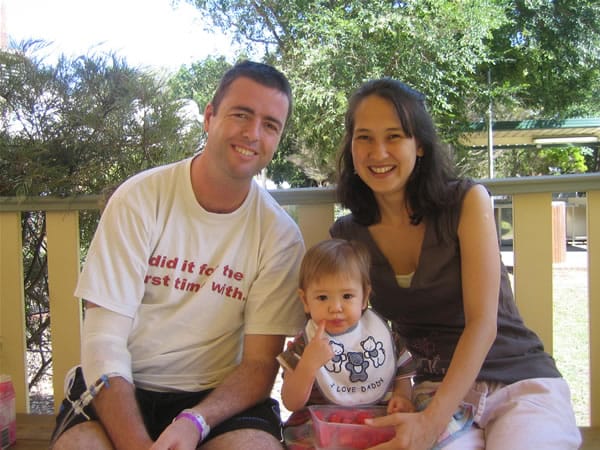
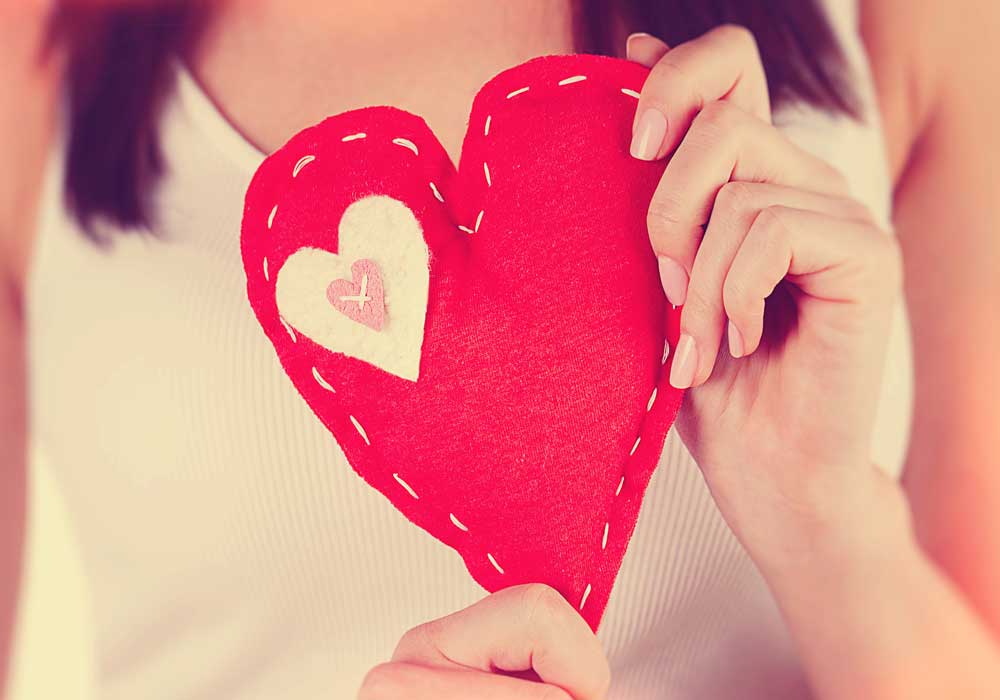
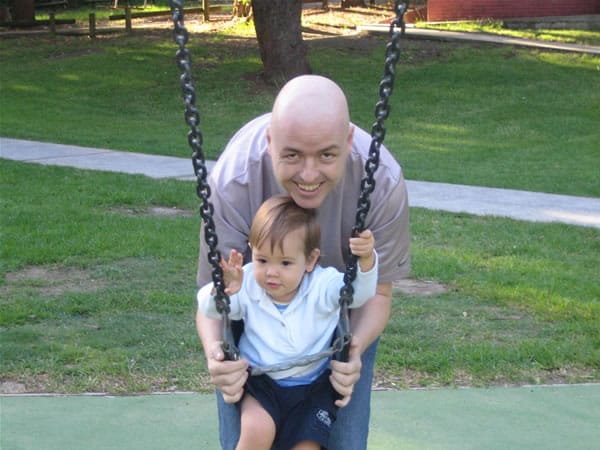
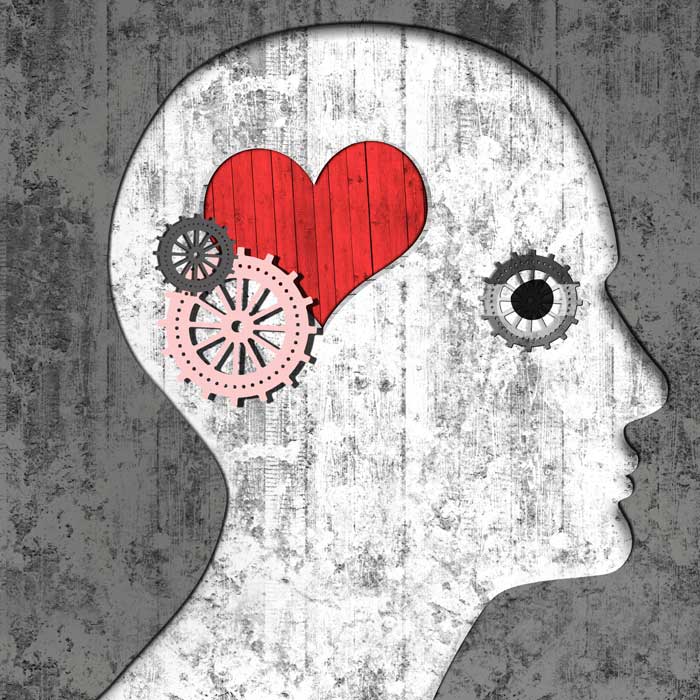
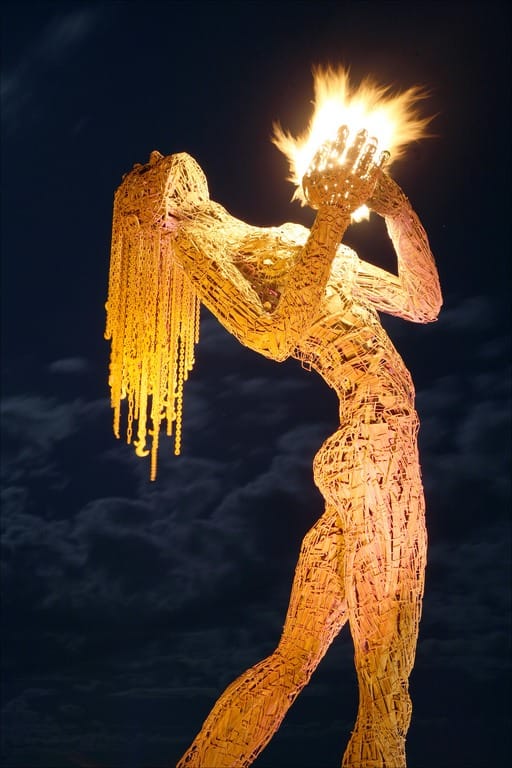
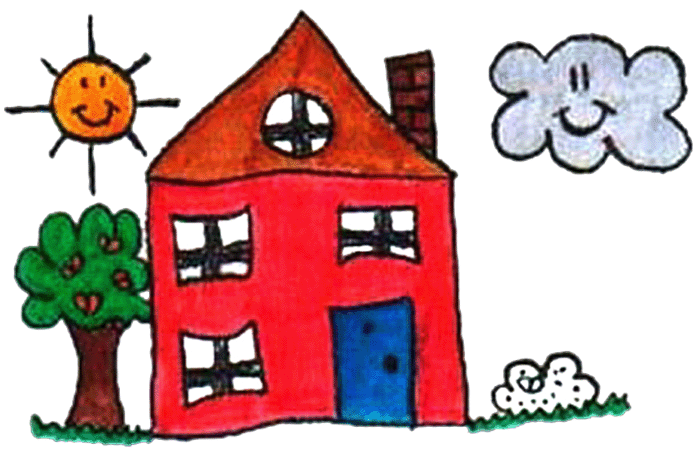

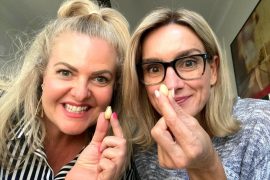
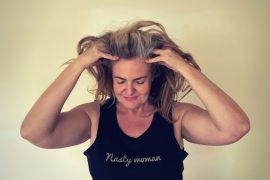
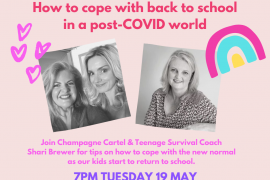
Women are definititely more interested in talking it through and perhaps more attune to providing support. When my husband and I went through the life changing experience of losing a child, we dealt with it very differently. I think I did change more.
I am so sorry to hear about the loss of your child Robyna. There is no doubt about it, many of us are poles apart in the mechanisms we have to deal with loss/hardship. It might in some way explain something I didn’t write in the article, that as a rough estimate at least a third of those women with me had left or broken up with their partners.
I think women have been socialised to deal with things differently – a lot more talking and openly processing. We have this need to learn and grow from tragedy and difficult challenges. We’re encouraged to. I remember being really shocked when we lost my brother in law to cancer in 2010. I was talking to my support systems (my side of the family), writing in a journal, trying to find meaning. My husband and his family shut down. Nobody changed or wanted to. I couldn’t relate.. I wanted to honour my late brother in law in the way that I lived, but they grieved differently. I found that hard to swallow and it did challenge our marriage for a while. My husband tried to be tough and his anger spilled out everywhere. He eventually changed for the better and grew, but it took the negative consequences of his behaviour to create the change, not the actual loss. I feel sad for him that he had to self destruct first, when all I had to do was seek support and write and read.
Kez, so sorry to hear about your brother-in-law, it is something that never seems to have rhyme or reason, and the way you dealt with it sounds the healthier of the two options. The retreat was about just that kind of thing, collages, diaries, externalising an internal conflict.
It is a shame that so many of us as males were brought up in a way that encouraging the penting up of emotion. We all have different ways to deal with what we are given, and as a (granted mass) generalisation, males will take the hard road almost as a badge of honour. Don’t be sad for him though, you are lucky that your husband found a way, even if it is a path you would never have travelled 🙂
Congrats on being a survivor. I’m hoping my Dad will be able to say that one day soon. I’m about to have a procedure to remove precancerous growths.
Jess Ainscough lost her battle, which was sadly because she refused medical treatment in favour of things like juicing and coffee enemas. Sadly, more people were influenced by her blogged experience and lost their battles too.
I think women tend to talk more and share information more, but are also expected to do this. We need to challenge and change our expectations of men.
Best of health to your Dad Kimba. I’ll take the congratulations, but sometimes I question how much of it is luck as much as state of mind and treatment.
It was sad to hear of Jess losing her battle, whether it was because of her treatment choices we will never know. My time getting traditional treatments saw a bucket load of young healthy people losing their battles that way as well. I will never judge her choice, nor would I expect anyone to judge mine.
Communication differences between the sexes is obvious, men still share information, just in different ways, usually not involving sitting in circles cross legged and bearing our weaknesses.